State High Students Take on Brexit
November 2, 2017
There are few classes that juniors and seniors wish to cram into their schedules more than AP Government and AP Comparative Government with Mr. Andy Merritt.
In these classes students are shown the in’s and out’s of the United States’ and Worlds’ Political process’ and governments. The very open and accepting environment attracts students of all political backgrounds, and current events play a large role in these classes.
In recent weeks, Mr. Merritt challenged his Comparative Government students to a simulation of the European Union’s governing body, The Commission. The issue they were assigned was that of the United Kingdom’s exit from the European Union. There were several groups that were assigned to Britain’s side of the deal, negotiating many types of policy addressing economic, environmental, agricultural, energy, and humanitarian aid, and others were assigned to be representatives of different EU member states.
Unlike most decisions within our own government, decisions within the the European Union’s Commission must be unanimous, having to be approved by every member state. This allows more room for negotiation instead of Britain leaving unabridged.
This may seem like a difficult task for a group of high schoolers, but they are prepared for the task. For senior Joseph Clark, preparation wasn’t a problem, it was the negotiation process. He was assigned with Britain’s immigration policy, a difficult topic to cover during the “Brexit” process.
“The most difficult part of the simulation was definitely negotiating with other groups, not necessarily just with other countries, also with other British representatives, because there was a lot of overlap in the creation of policy.” Clark said.
Mr. Merritt has been assigning this simulation for many years, and while the issues change, the bargaining process has been a constant mental tug-of-war for students. Another challenging aspect to these simulations are the fact that Mr. Merritt chooses to sit back and watch, rather than run them himself, “I think it is critical to give students to take on that role. If I run it is far more like a classroom. Students need to interact in a way that is not hampered by teacher-student relationships.” Merritt said.
Throughout the year in both AP Government and AP Comparative Government, Mr. Merritt runs many simulations, and he claims to not have a favorite.
“I have favorite aspects of all the many simulations, I just enjoy using current events to engage students.” Mr. Merritt used the Brexit issue for this year’s simulation, something that could change the future of the E.U. profoundly. This issue has the entire European continent on edge, begging the question to the many cultural groups whether they are truly “European.”
“In the past we have done topics on EU enlargement and the Refugee crisis, Brexit was just the logical thing as the Brits and EU try to figure things out,” Merritt said.
It is said that the European Union is one of the most powerful international organizations in the world, it’s decisions affecting millions, but it’s nothing Mr. Merritt’s students can’t handle.

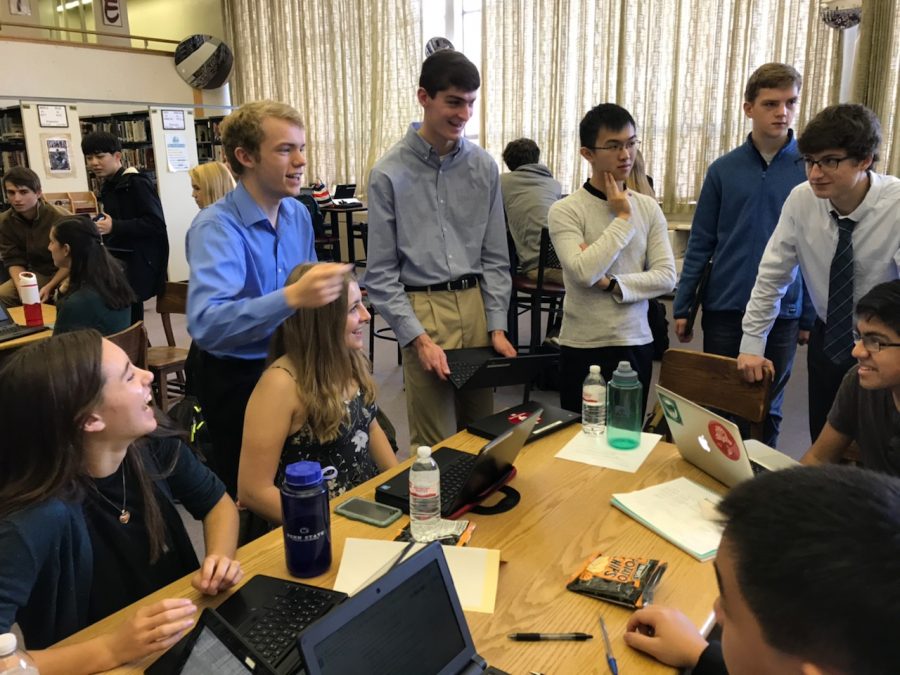
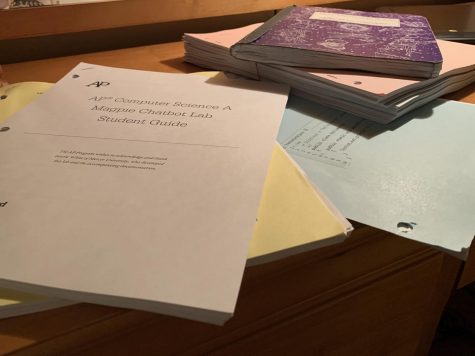
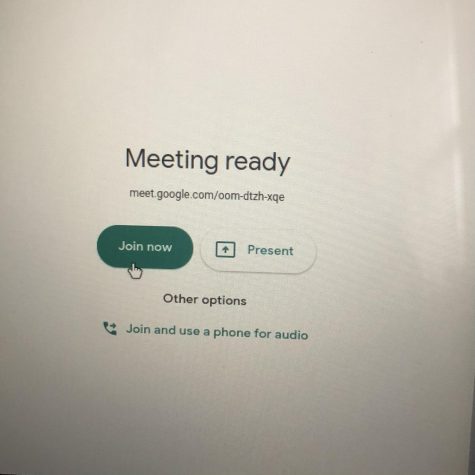
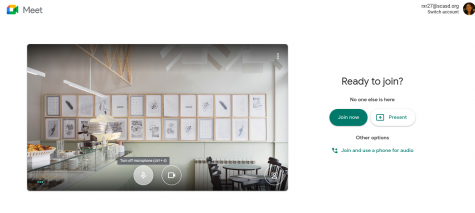
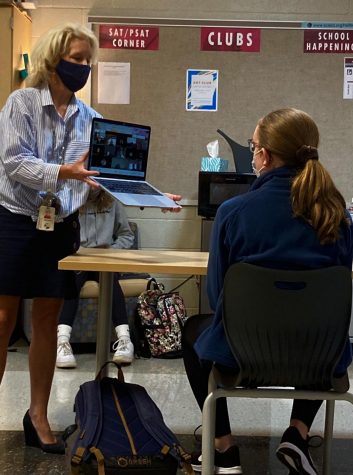

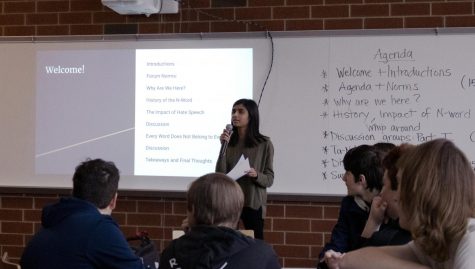
![Mary Miyamoto, freshman, works in her structured study hall with Mr. Kimbro. A mixed structure, Miyamoto is able to use her phone after keeping up her grades for the first marking period. “[Structured study hall] is crucial for keeping [ninth graders] in school. And when I say that it means we don’t want to lose any ninth graders [before] graduation. So we need to make sure that they know how to stay organized, how to study, how to take good notes, how to be a good citizen in this place of State College Area High School,” Mrs. Tobias, Freshman Principal, said.](https://lionsdigest1.com/wp-content/uploads/2019/11/IMG_7802-475x356.jpg)
